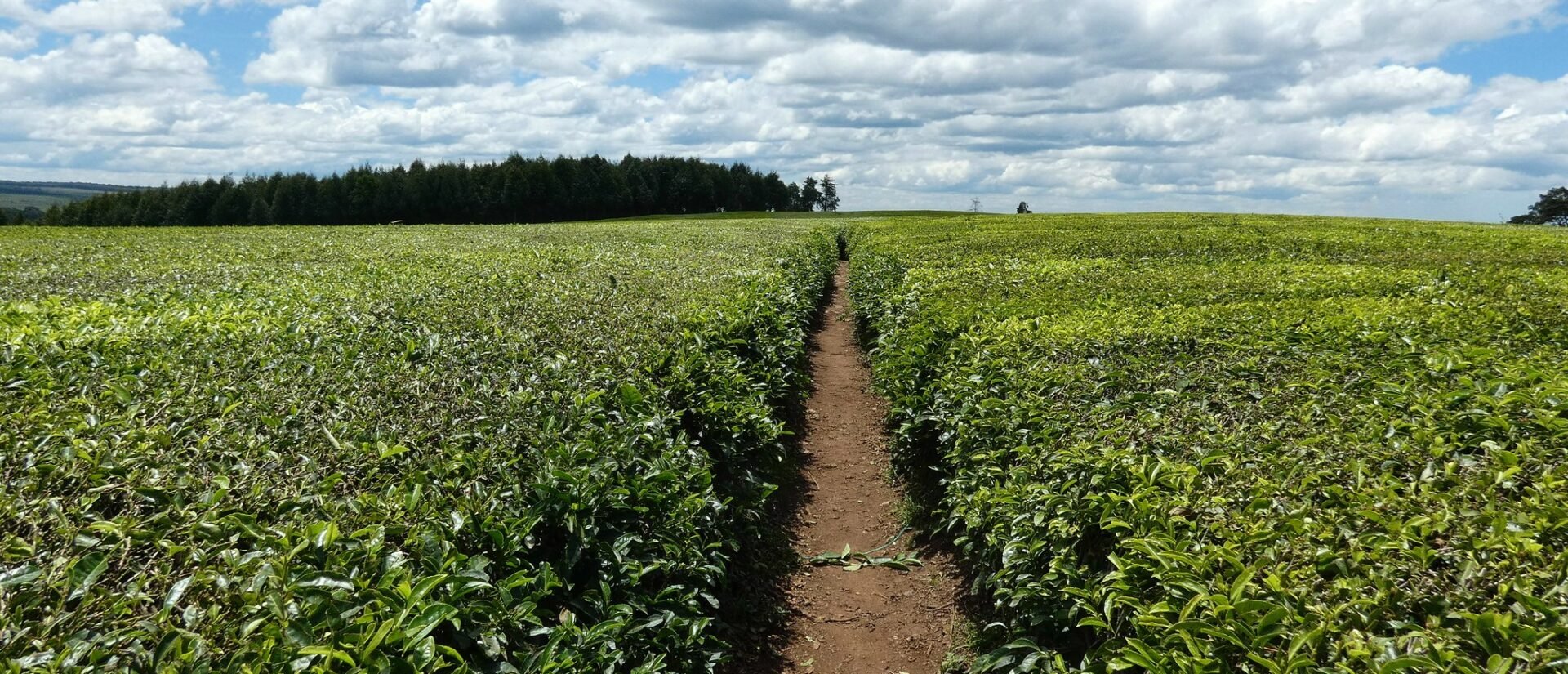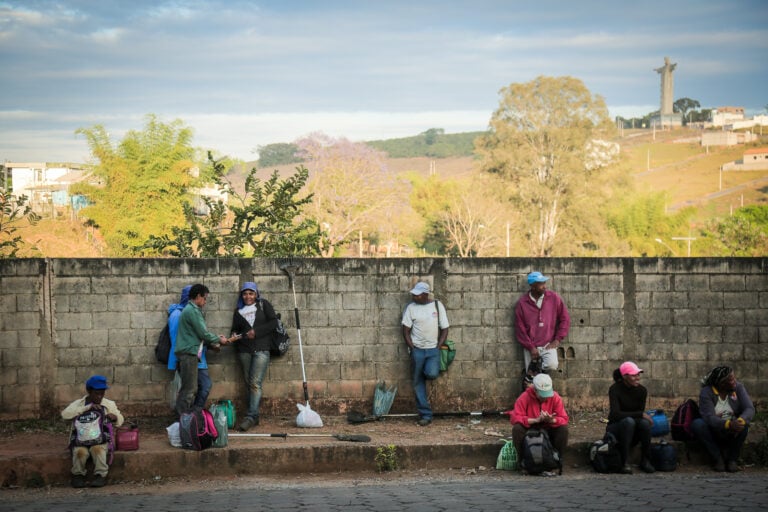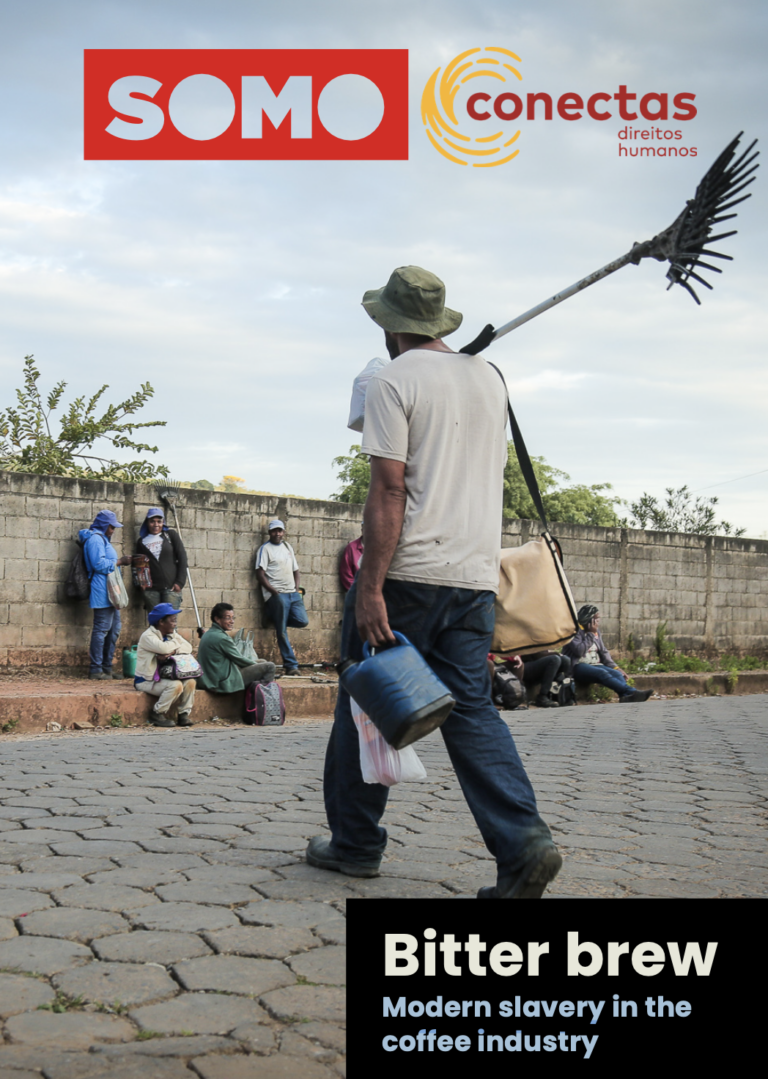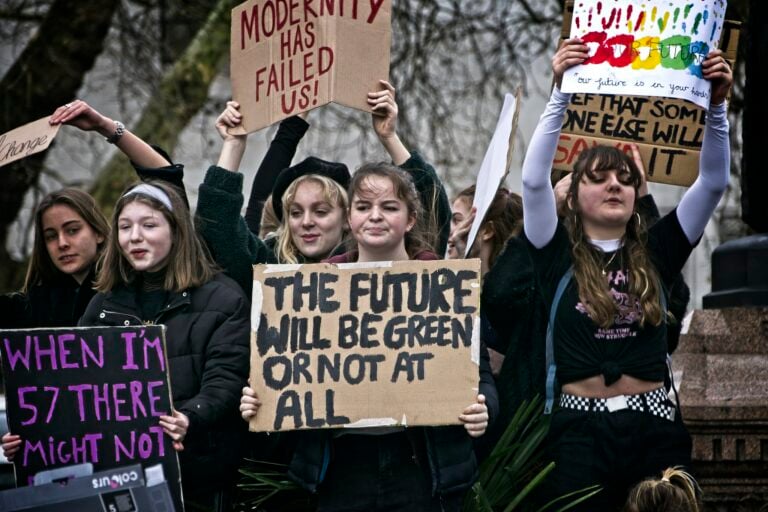
Unilever under UN investigation for denying remedy to victims of violence at its plantation
In December 2007, hundreds of Unilever employees and their families living on Unilever’s vast Kericho tea plantation were victims of widespread violence after the plantation was invaded by attackers who violently assaulted them solely based on their ethnicity. Seven people died, and many others were raped and seriously injured.
Since the attack, victims have been pursuing remedy for their injuries and losses. They allege that the company has placed them in a position of significant risk of attack and that it failed to provide appropriate assistance and remedy after the attack. Instead of acting responsibly and facilitating access to remediation for the victims, Unilever has frustrated any prospect of legal remedy, including hiding behind its corporate structure(opens in new window) .
A call for justice
Two years ago, in July 2020, a group of 218 current and former Kenyan tea workers filed a formal complaint against Unilever for failing to respect international human rights standards prior to and following widespread violence at the multinational’s largest tea plantation. The complaint was brought to the United Nations Working Group on Business and Human Rights and the UN Special Rapporteur on Extreme Poverty and Human Rights by SOMO, REDRESS(opens in new window) , Kituo Cha Sharia(opens in new window) , the Corporate Justice Coalition(opens in new window) , the African Coalition for Corporate Accountability (ACCA(opens in new window) ), and Leigh Day(opens in new window) , which represents the 218 victims and has filed the complaint on their behalf.
The complainants allege that Unilever put the victims in a position of heightened risk when it decided to employ a large migrant workforce that was not from the area. Amidst rising inter-ethnic tensions, these workers became potential targets of attack at times of unrest. Nothing was done to enhance the protection of residential areas, although the evidence shows that significant measures were taken to protect management housing and company assets. The risk of violence was not appropriately assessed, and no adequate precautions were taken to protect workers and their families from violent attacks.
When the crisis hit, Unilever failed to respond appropriately. Not only did Unilever fail to provide victims with any adequate assistance prior to, during and after the attacks, it also responded by immediately closing the tea plantation and stopping their wages for six months, thereby aggravating their situation and effectively punishing the victims of the violence.
By failing to take reasonable and adequate measures to protect its employees from a foreseeable serious risk, Unilever contributed to the impacts and, therefore, has a responsibility to provide remediation under the UN Guiding Principles on Business and Human Rights.
Failure to provide meaningful remedy
Since the filing of the complaint in 2020, Unilever has only recently agreed to make voluntary or ex-gratia payments to 77 victims, and even those proposals fall short of providing effective remedy in relation to the human rights violations suffered. Unilever has consistently denied responsibility and refuted allegations that it failed to fulfil its duty of care towards its employees and their families.
Now, the UN Working Group and five UN Special Rapporteurs have taken up the case. In May 2023, they wrote(opens in new window) to the company: “The absence of an effective response by your company exacerbates the human rights impacts suffered by the victims. We are particularly concerned that the events described above affected the right to life, the right to the highest attainable standard of physical and mental well-being, the right to work and safe working conditions, the right to an effective remedy, the right to not be subjected to torture or to cruel, inhuman or degrading treatment or punishment, the right to housing, and others.”
On July 17th, SOMO and the other filers of the UN complaint sent a subsequent letter to Unilever’s CEO, urging the company again to do the right thing and provide meaningful redress to Unilever employees whose lives were destroyed by the violence that occurred in 2008.
Related news
-
 Modern slavery is still lurking in your coffee cupPosted in category:News
Modern slavery is still lurking in your coffee cupPosted in category:News Joseph Wilde-RamsingPublished on:
Joseph Wilde-RamsingPublished on: -
Bitter brew Published on:Posted in category:Publication

-




